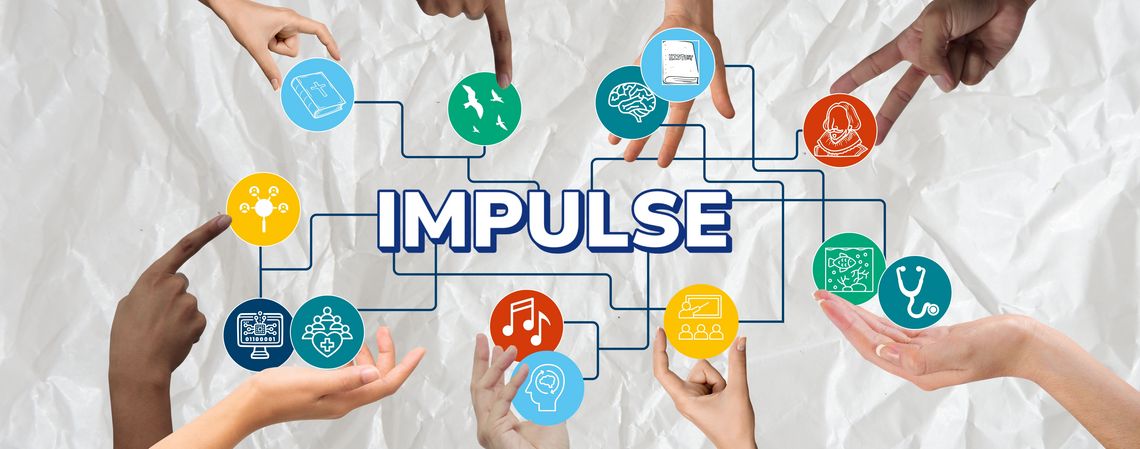Interdisciplinarity as a booster
Interdisciplinarity as a booster
Unusual research approaches in which disciplines that at first glance have little in common join forces is a defining feature of the new "booster units" that will commence their activities in the upcoming winter semester.
Promoting diversity in healthcare in rural areas, developing artificial intelligence for music lessons or using the bible and modern animal navigation research to investigate the navigation methods of people in antiquity – the research topics of the selected booster units are as diverse as the teams that developed them. Researchers from up to three different faculties in each unit will now implement these innovative projects.
"We were truly impressed by the 20 applications that were submitted. All of them were top-rate and demonstrated once again how forward-thinking and innovative our researchers are, and also that the guiding principle of our mission – to bring new constellations of people into dialogue with each other – has already borne fruit. Interdisciplinary dialogue is an integral component of our university's academic identity," said Prof. Dr. Ralf Grüttemeier, the University of Oldenburg's Vice President for Research and Transfer.
Background
The projects that will receive funding as booster units from the winter semester onwards were selected on the recommendation of an advisory group which included Prof. Dr. Thony Visser from the Rijksuniversiteit Groningen (Netherlands), Prof. Dr. Simone Scherger from the University of Bremen and Prof. Dr. Dr. Reto Weiler. The group reviewed the applications and then proposed a selection to the Executive Board. Professor Grüttemeier chaired the advisory group in a non-voting capacity.
The new booster units are part of the Programme for Excellence with which the University of Oldenburg secured substantial funding from the Lower Saxony Ministry of Science and Culture (MWK) and the Volkswagen Foundation at the start of the year. The MWK and the Volkswagen Foundation will provide 22.5 million euros through the Strategical Development of Potential funding line as part of their zukunft.niedersachsen programme. Each of the booster units will receive personnel funding to finance up to two full-time positions or the equivalent for doctoral students or postdocs over four years, as well as an annual budget of 10,000 euros for materials. The project duration can be extended by one year upon application.
In its call for proposals, the Programme for Excellence specified several overarching topics for interdisciplinary projects in order to ensure that they contribute to its central objectives, namely to strengthen areas with major potential in the humanities and social sciences and further advance interdisciplinarity. The fact that three of the booster units will work directly with the university's Clusters of Excellence, which are based in the natural sciences, and three more are linked to the University Medicine Oldenburg guarantees this objective.
High-risk deliveries and resilience
Researchers from the fields of medicine, the social sciences, special education and music education will join forces to determine how to measure resilience in preschool children who were born in high-risk deliveries and potentially boost it with a music-based intervention.
Personalised medicine
How do environmental and genetic factors interact – and what insights can this provide for personalised medicine? To find answers, the researchers in this booster unit will analyse large amounts of data using self-learning systems.
more









